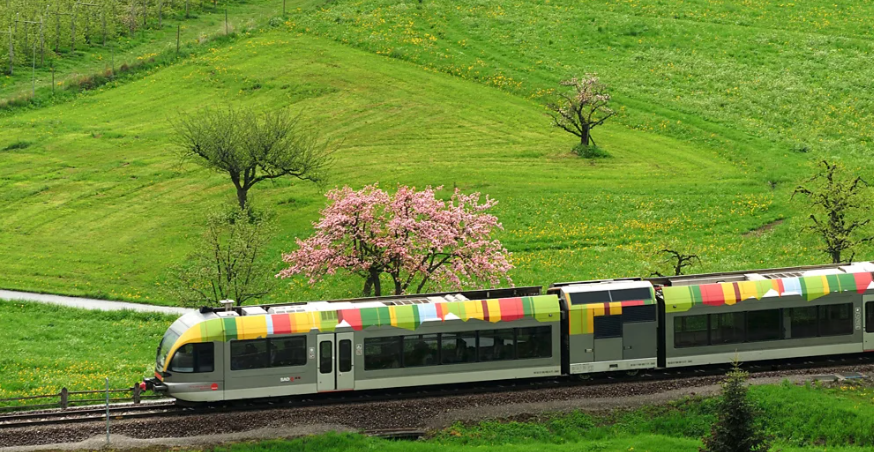Across Europe, more people are aiming to travel sustainably, yet flights are often cheaper than train tickets, making eco-friendly choices difficult. The question many travelers ask is, why is flying so much more affordable than taking the train?
Latest updates
I am an experienced content writer with a passion for crafting engaging and impactful content across various platforms. Skilled in audience research, storytelling, and SEO optimization. I am proficient in creating clear, concise, and compelling copy that resonates with readers. Strong ability to adapt tone and style to suit diverse audiences and brand voices. Dedicated to delivering high- quality content that drives results and enhances brand visibility.


Comments are closed, but trackbacks and pingbacks are open.